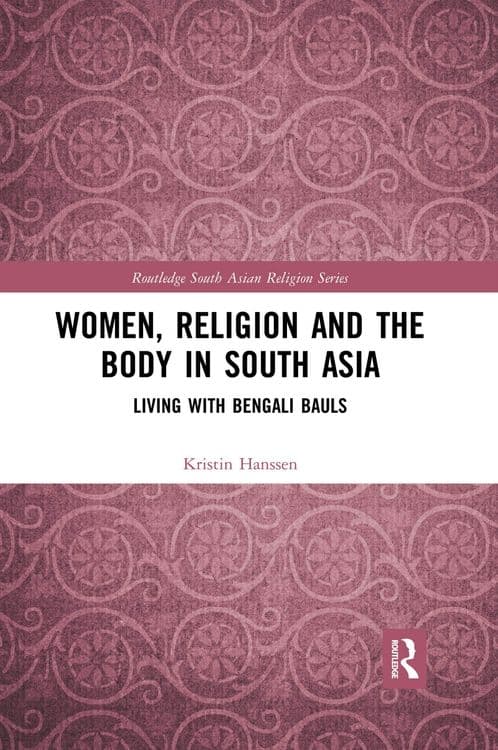Noted for their haunting melodies and enigmatic lyrics, Bauls have been portrayed as spiritually enlightened troubadours traveling around the countryside in West Bengal in India and in Bangladesh. As emblems of Bengali culture, Bauls have long been a subject of scholarly debates which center on their esoteric practices, and middle class imaginaries of the category Baul. Adding to this literature, the intimate ethnography presented in Kristin Hanssen's book Women, Religion and the Body in South Asia: Living With Bengali Bauls (Routledge, 2020) recounts the life stories of members from a single family, shining light on their past and present tribulations bound up with being poor and of a lowly caste. It shows that taking up the Baul path is a means of softening the stigma of their lower caste identity in that religious practice, where women play a key role, renders the body pure. The path is also a source of monetary income in that begging is considered part of their vocation. For women, the Baul path has the added implication of lessening constraints of gender. While the book describes a family of singers, it also portrays the wider society in which they live, showing how their lives connect and interlace with other villagers, a theme not previously explored in literature on Bauls.Raj Balkaran is a scholar, educator, consultant, and life coach. For information see rajbalkaran.com.

